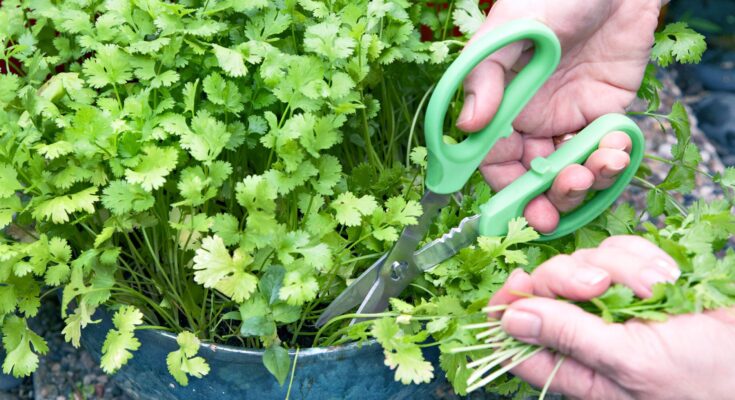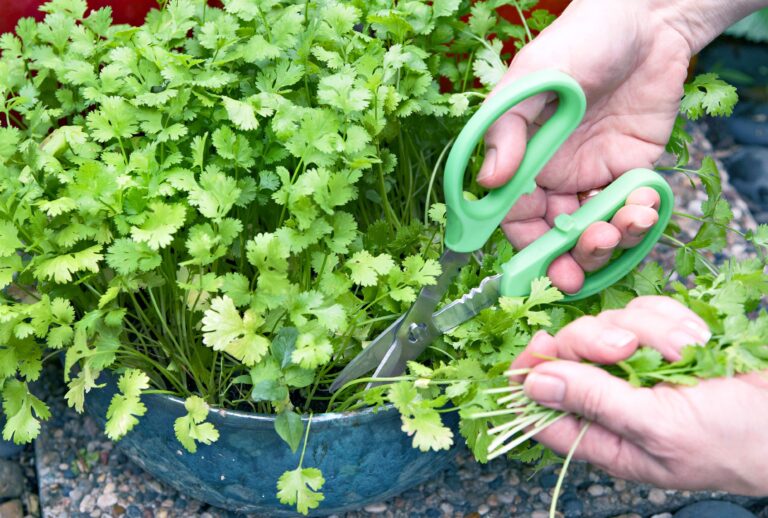Culantro (Eryngium foetidum), often overshadowed by its more famous cousin cilantro, is a robust herb cherished in Latin American, Caribbean, and Southeast Asian cuisines.With its serrated leaves and potent aroma, culantro offers a unique flavor profile and a host of health benefits that make it a valuable addition to both your garden and your kitchen.
Nutritional and Health Benefits
-
Rich in Vitamins and Minerals:Culantro is packed with vitamins A, C, and K, as well as essential minerals like calcium, iron, and phosphorus. These nutrients contribute to healthy skin, strong bones, and a well-functioning immune system.
-
Digestive Aid:Traditionally, culantro has been used to alleviate digestive issues such as bloating and indigestion, thanks to its natural compounds that help soothe the stomach.
-
Anti-Inflammatory Properties:The herb contains antioxidants that combat inflammation, making it beneficial for managing conditions like arthritis and muscle soreness.
-
Respiratory Support:Culantro’s antimicrobial properties have been utilized in herbal remedies to relieve respiratory conditions, including asthma and colds, by helping to clear airways and reduce infections.
Culinary Uses
Culantro’s bold flavor enhances a variety of dishes:
-
Soups and Stews:Add chopped culantro leaves during cooking to infuse a robust, herbal taste.
-
Marinades and Sauces:Blend it into marinades or sauces for meats and seafood to impart a distinctive flavor.
-
Garnishes:Use fresh, chopped leaves as a garnish to elevate the aroma and taste of various dishes.
Growing Culantro in Your Garden
Culantro thrives in warm, humid climates and can be a rewarding addition to your herb garden:
-
Location:Plant in partial shade to mimic its natural habitat.
-
Soil:Use well-draining soil enriched with organic matter for optimal growth.
-
Watering:Keep the soil consistently moist but avoid overwatering.
-
Harvesting:Regularly pick the outer leaves to encourage new growth and maintain plant health.




